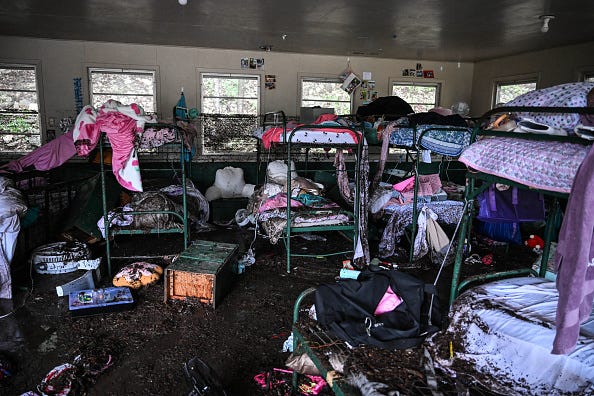ESSAY: A biblical flood, a girl's death, and a great-grandfather's legacy
As the ravages of climate change worsen, what kind of ancestors will we be?
In April 2013, Joe Barton, a Republican congressman from Texas, made a statement that transcended the traditional obscurity of House Subcommittee on Energy and Power proceedings to trigger national headlines. “Republican Congressman Cites Biblical Great Flood To Say Climate Change Isn’t Man-Made,” declared BuzzFeed.
In a hearing about the Keystone piplin…




